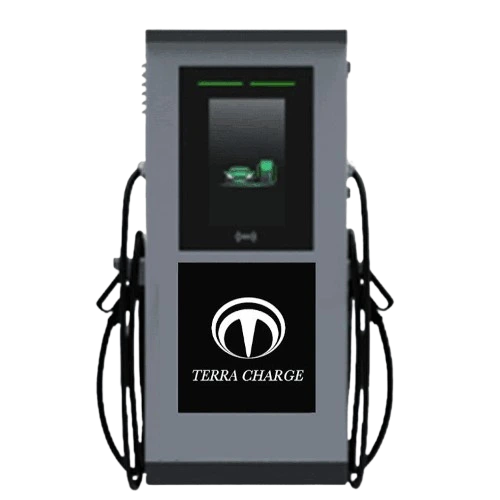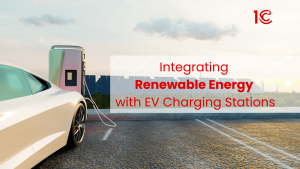As electric vehicles (EVs) become more common, there are still several misconceptions that cause hesitation among potential buyers. These myths often overshadow the real benefits of EVs, but it’s time to set the record straight. Here, we bust some of the most common EV myths, providing a clearer picture of their advantages and practicality.
Table of Contents
Myth 1: EVs Have Limited Range and Can’t Go Far
Reality: Many people still believe that electric vehicles have very limited range, making them unsuitable for long trips, which is other termed as ‘range anxiety’. However, with advancements in battery technology, modern EVs can easily cover distances of 300-400 kilometers on a single charge. High-end models can even exceed 500 kilometers. Additionally, charging infrastructure is rapidly expanding, allowing EV drivers to conveniently recharge during long journeys.

Myth 2: Charging EVs Takes Too Long
Reality: While it’s true that charging an EV at home using a standard outlet can take several hours, fast-charging stations significantly reduce the time. DC fast chargers can provide up to 80% charge in as little as 30 minutes. Moreover, since many people charge their EVs overnight, the time spent charging is not a major inconvenience in day-to-day life.
Myth 3: EVs Are Too Expensive
Reality: The initial cost of an EV can be higher than a traditional internal combustion engine (ICE) vehicle, but that’s only part of the story. EVs have far lower running and maintenance costs because they have fewer moving parts, no need for oil changes, and benefit from incentives like tax rebates and subsidies in many countries. Over time, EVs can offer significant savings, making them a financially sound choice.

Myth 4: There Isn’t Enough Charging Infrastructure
Reality: One of the biggest concerns people have about electric vehicles is the availability of charging stations. However, the charging network is expanding rapidly, especially in urban areas. Countries worldwide, including India, are investing heavily in building charging stations, with a focus on public spaces, highways, and workplaces. Many EVs also support home charging, ensuring convenient access.
Myth 5: EV Batteries Don’t Last Long and Are Hard to Replace
Reality: Modern EV batteries are designed to last a long time. Most manufacturers offer warranties of 8 years or more on batteries. While battery capacity can reduce slightly over time, it’s usually not significant enough to affect daily usage. EV batteries are also recyclable, reducing environmental concerns about disposal.
Myth 6: EVs Are Not Environmentally Friendly
Reality: Some argue that EVs are not truly eco-friendly due to the electricity required to charge them, which often comes from fossil fuels. However, studies show that EVs produce significantly lower emissions over their lifetime compared to ICE vehicles. As the global energy mix shifts toward renewable sources, EVs will become even cleaner. Additionally, EVs contribute to reduced urban air pollution, improving public health.
Myth 7: EVs Are Slow and Lack Performance
Reality: EVs are often seen as slow and less powerful compared to their gasoline counterparts, but the reality is quite different. Electric motors provide instant torque, allowing EVs to accelerate faster than many conventional cars. Several EV models on the market today boast impressive speed and performance, competing with sports cars in terms of acceleration and handling.

Conclusion
As the world transitions to cleaner, more sustainable transportation, electric vehicles play a critical role. The myths surrounding EVs, while persistent, are increasingly unfounded. From improved range to reduced costs and a growing charging network, EVs are becoming a practical choice for drivers around the globe. By dispelling these common misconceptions, we can pave the way for greater EV adoption and a greener future.












